The Equality Act is a piece of legislation that, if passed into law, would explicitly extend federal civil rights protections to LGBTQ+ people. This is a huge step forward in the fight for transgender equality because it would protect transgender people from discrimination in employment, housing, credit, education, jury service, federally funded programs, and businesses that serve the public. Protected places of public accommodations include retail stores, transportation services, and service providers for all groups covered. Following and understanding legislation can feel complicated and confusing, so we at Pride Palace break down some key elements that the Equality Act means for the transgender community.
The Equality Act is an addition to Title VII of the 1964 Civil Right Act, part of which prohibits workplace and employment discrimination on the basis of sex. The Equality Act further defines sex as sexual orientation, gender identity, and gender expression. This is because these concepts cannot be considered without first considering sex. Due to the fact that there is a lack of federal laws that protect LGBTQ+ people, 21 states, Washington D.C., and hundreds of cities and counties have added and enacted their own laws to explicitly protect the LGBTQ+ community.
The Equality Act passed the House of Representatives with a 224-206 vote in February 2021, but stalled in the Republican controlled senate.
In most states, LGBTQ+ people, and disproportionately trans people, face harrassment, violence, and discrimination. Transgender people deserve the same civil rights as anyone else, including access to gender affirming medication and using the bathroom of their gender identity. While there are currently measures in place that are supposed to protect the transgender community from workplace discrimination, there are still many aspects of daily life that remain vulnerable.
Challenges The Trans Community Faces
In order to fully understand why the Equality Act would be a monumental signifier of progress in the U.S., we must first take some time to briefly outline the various challenges and discriminations the trans community faces daily. Currently, the lack of legal protection for the trans community is dangerous. Even though trans people are protected from discrimination in the workplace, there is not yet a comprehensive federally instituted law that protects gender identity, so a trans person can still experience discrimination trying to secure housing or eating at a restaurant without any legal recourse. Statistically, trans people live in poverty at higher rates than other groups of people.
Along with the stigma and harassment trans people face daily, they also have to worry about violent attacks. This then leads to the additional painful experience of lack of healthcare coverage due to discrimination. There is also a huge lack of accurate identity documents across the trans community, making it impossible to access emergency housing or services. This is because many states will not allow a transgender person to update their identification to accurately represent their gender identity.
Employee And Consumer Experience
The Equality Act will make it clear that all transgender people in the workforce are protected. This means that no transgender person’s right to employment will be left to the interpretation of a single judge. Companies must provide all employees access to restrooms, along with any workplace facilities that are consistent with their gender identity. Transgender people will also be protected from outing employees against their wil, repeated and intentional misogyny, and any other forms of dsicrimination by judges, state, and federal agencies.
Businesses that service the public, also known as public accommodations, are any space that is open to the public or serves the public. This includes restaurants, theaters, hotels, and stadiums. The Equality Act will also expand protected spaces to include transportation services, retail stores, shopping malls, and online services. Currently, federal law protects against discrimination on the basis of race, color, religion, or national origin.The Equality Act will prohibit discrimination against LGBTQ+ people in any business or public place, both as an employee or a consumer.
One intended outcome of the Equality Act is to purposefully water down the Religious Freedom Restoration Act of 1993. This piece of legislation was referenced during the Hobby Lobby Supreme Court case in 2014. This infamous court case ruled against mandatory employee birth control access for the for-profit craft company on the basis of religious beliefs. Other examples that fall into this category are wedding photographers or bakeries who refuse to provide services to LGBTQ+ couples on the grounds of religion.
The Right To Education
In the U.S. public school system, thousands of school districts have adopted clearly worded policies to protect and support trans students. Many transgender students report experiencing mistreatment or harassment at school. There are also other pieces of legislation that are currently fighting for trans youth rights to be able to both join the sports teams of their gender identity and use the bathrooms of their gender identity. This would also apply to higher education that accepts federal funding and student aid. Unfortunately, the Equality Act would not affect the private school system, as they do not receive federal funding.
Housing Equality
The U.S. already has the Fair Housing Act in place. This piece of legislation prohibits discrimination in housing, either by landlords, real estate companies and agents. There is also protection in place from discrimination from local governments, banks and any other lenders, and homeowners insurance companies on the basis of race, color, religion, sex, national origin, familiial status, or disability. It should be noted that The Fair Housing Act does not apply to a person who rents up to three units in their home. The Equality Act also adds that no landlord, realtor, loan officer, or bank may evict, deny a loan, defer to show or offer a property, foreclose, or otherwise treat an individual differently because they are transgender.
Federally Funded Programs
A federally funded program is a program or service that accepts federal funding. This includes contracts, grants, awards, or any other form of funding. Other examples of federally funded programs are public schools, prisons, hospitals, health care providers that accept Medicare and Medicaid, and state or local government programs. Programs that are operated by a federal agency range from social security offices to immigration enforcement. The Equality Act will protect people in these spaces from being discriminated against based on their gender identity, sexual orientation, or any other possible gender-related bias.
Health Insurance
Discrimination against transgender people by health insurance providers is already illegal through Section 1557 of the Affordable Care Act, which prohibits on the basis of sex. The Equality Act contains verbiage explicitly prohibiting discrimination on the basis of sex, gender identity, or gender expression in any sort of health insurance that involves using federal funding. Examples of these are Medicare, Medicaid, Tricare, health care obtained through veteran status or veteran affairs clinics, and private insurance that is sold through state marketplaces.
Religious Exemptions
Religious freedom is regarded as an important value in the U.S. Transgender people a religiously diverse group of people. The Equality Act maintains existing religious exemption in federal law. This means that in housing, for example, existing laws allow places like churches, private religious schools, and other religious-based institutions to provide non-commercial housing for members of their own faith. The Equality Act further clarifies that the Religious Freedom Restoration Act of 1993 did not create any new religious exemptions.
In Conclusion
The Equality Act is a huge step in the fight for transgender equality. Having explicit language in governmental laws on a federal level further legitimizes trans rights in our country and the rest of the world. At the end of April, President Joe Biden addressed the trans youth of the U.S., commending them for their bravery, as he publicly urged congress to pass the Equality Act. While it will be an uphill battle with Republican constituents, there is still hope that the Equality Act will be passed into law.
Over two-thirds of LGBTQ+ people have reported or faced discrimination in their lives at some point because of their identity. As trans visibility increases in both pop culture and daily life, trans people continue to face prejudice, stigma, discrimination, and systematic equality. The Equal Rights Act would be an important step forward in providing protection on a legal level for trans people that does not currently exist.
Sources:
The Equality Act: What Transgender People Need To Know | National Center For Transgender Equality
House Passes Sweeping Gay And Transgender Equality Legislation | The New York Times
Biden Gives His Support To Young Trans People During His Address To Congress | Buzzfeed News


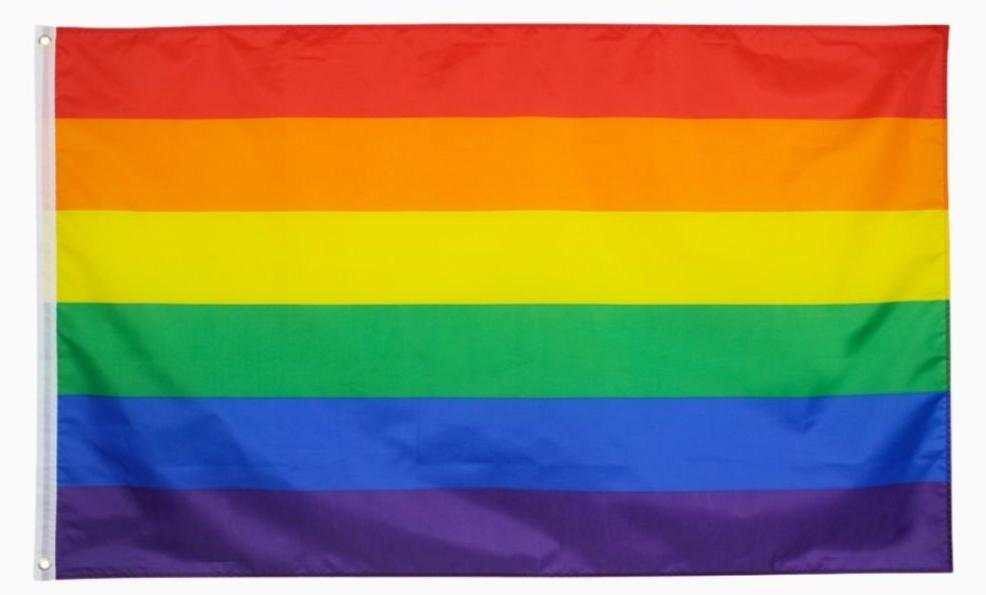
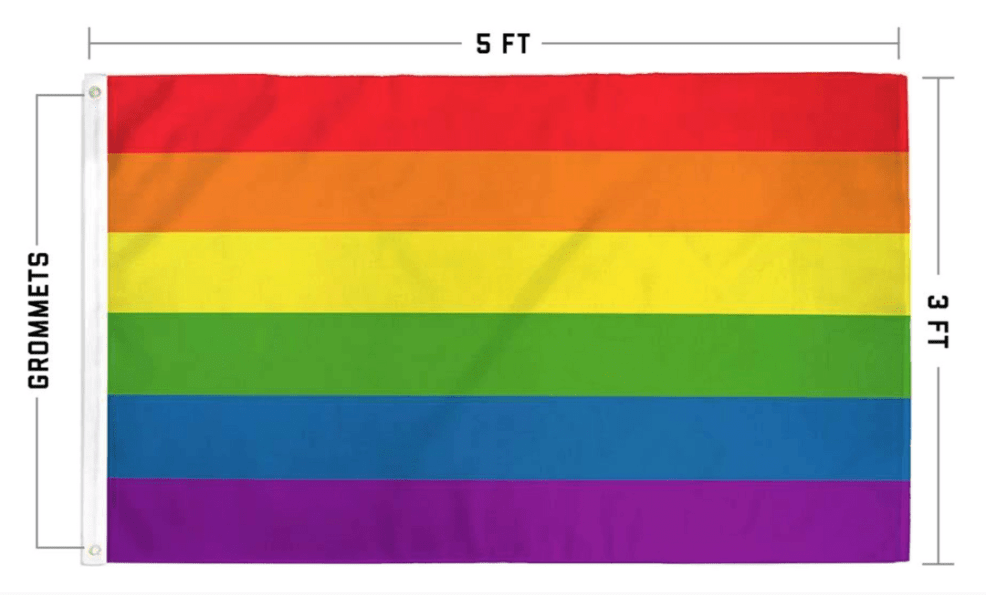




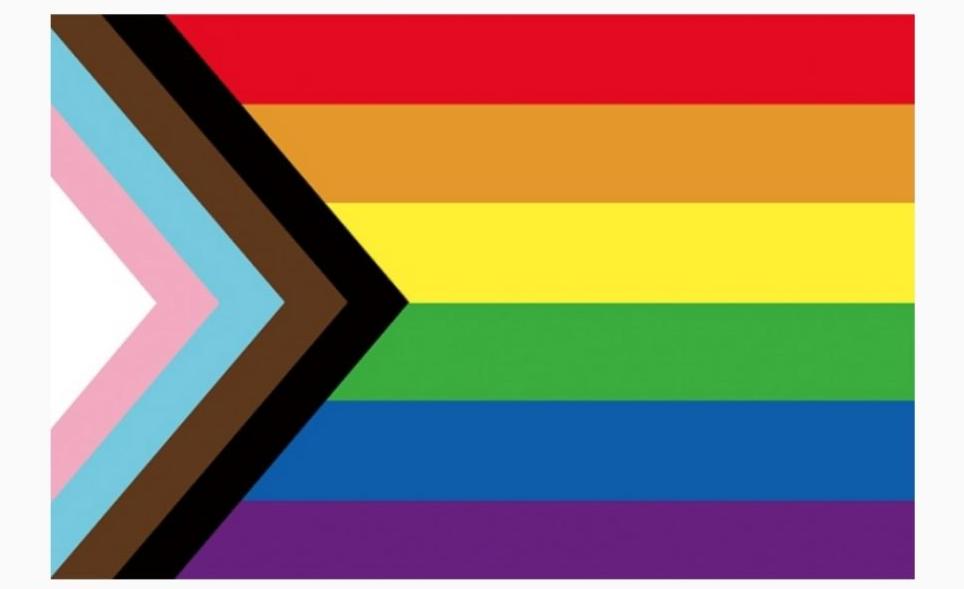
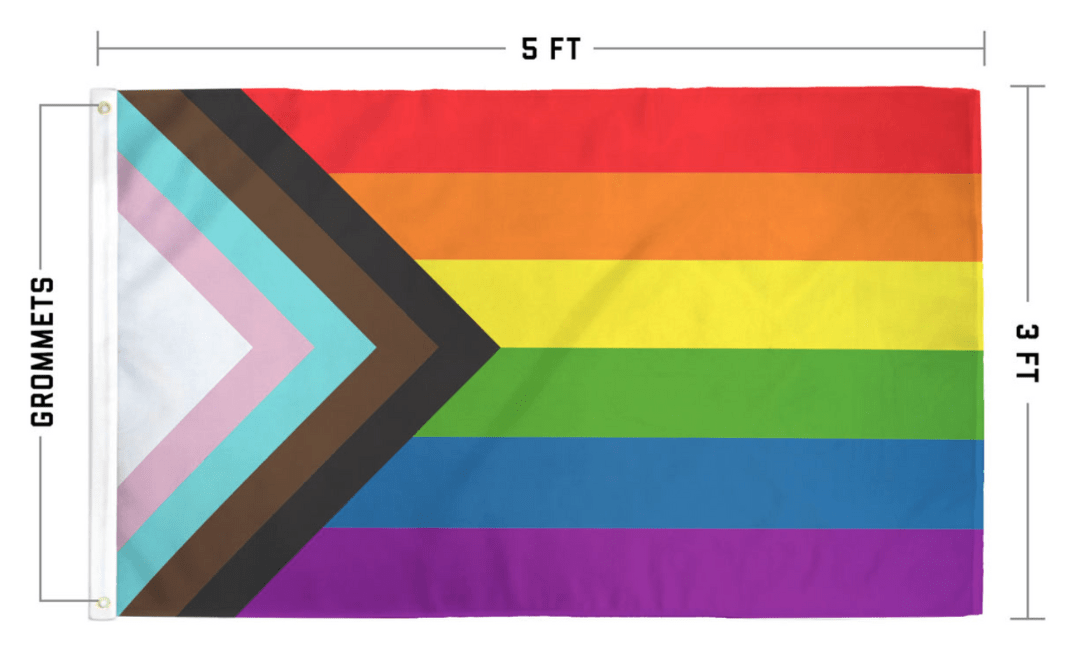






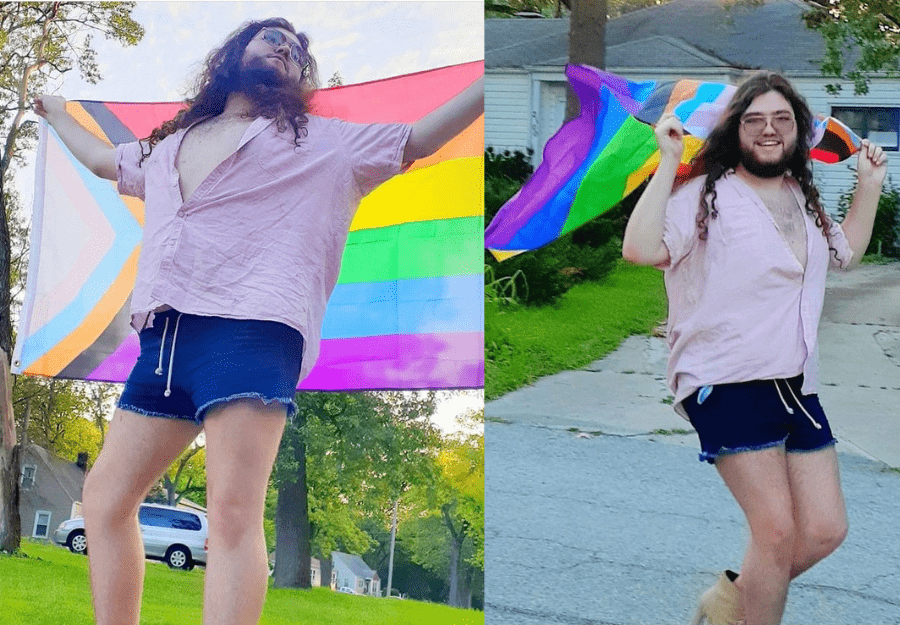
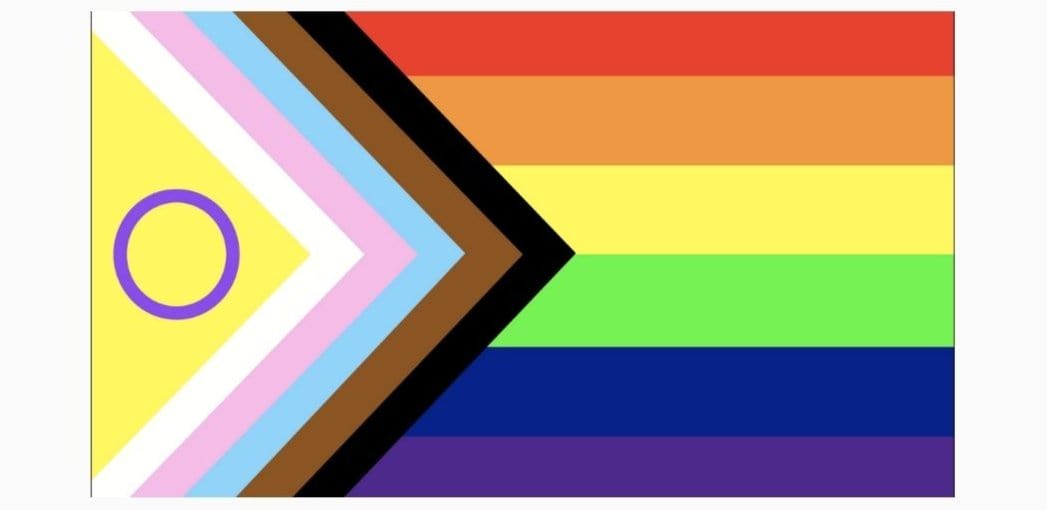




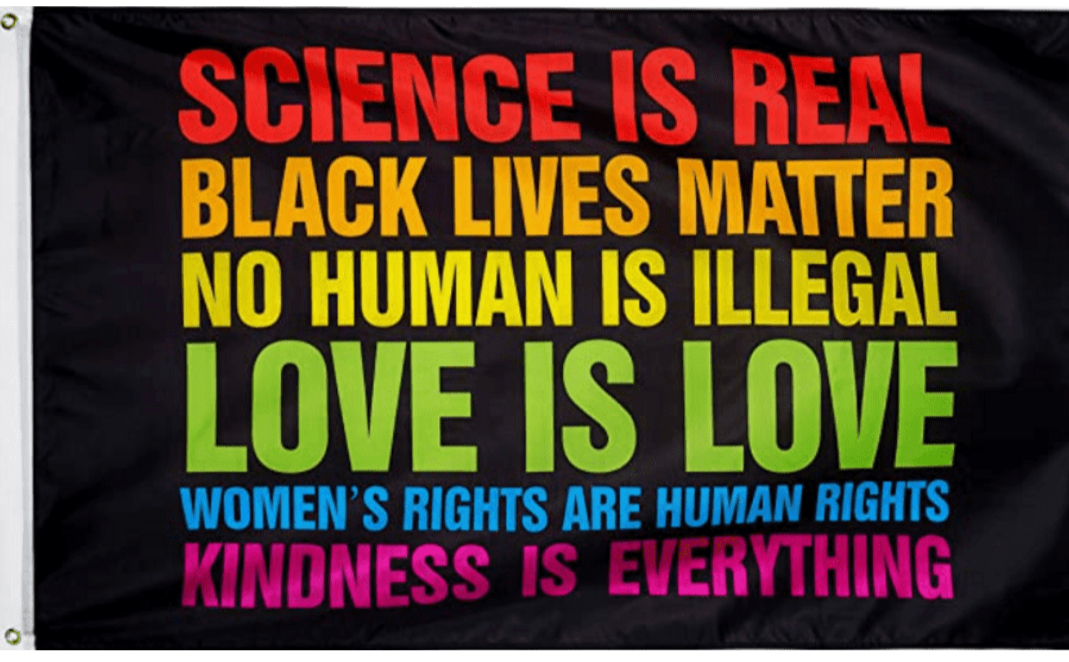
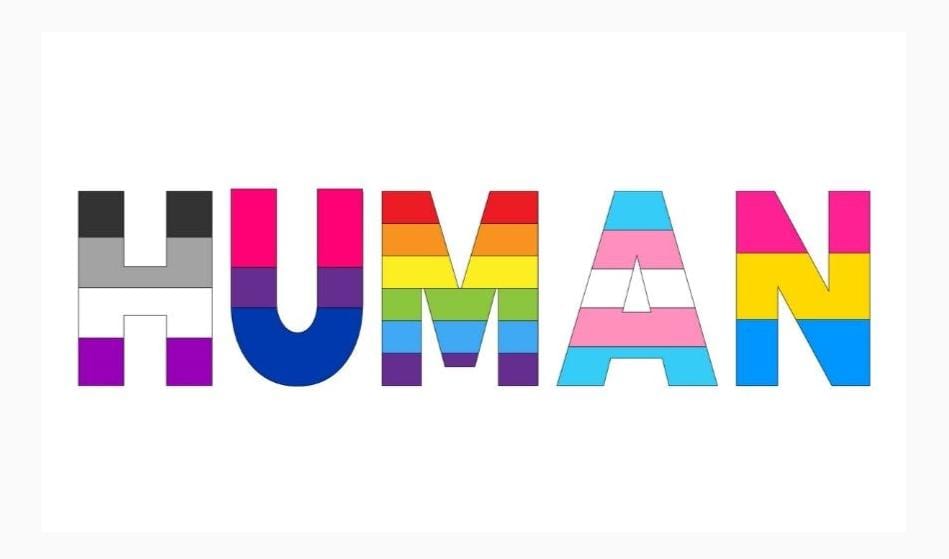
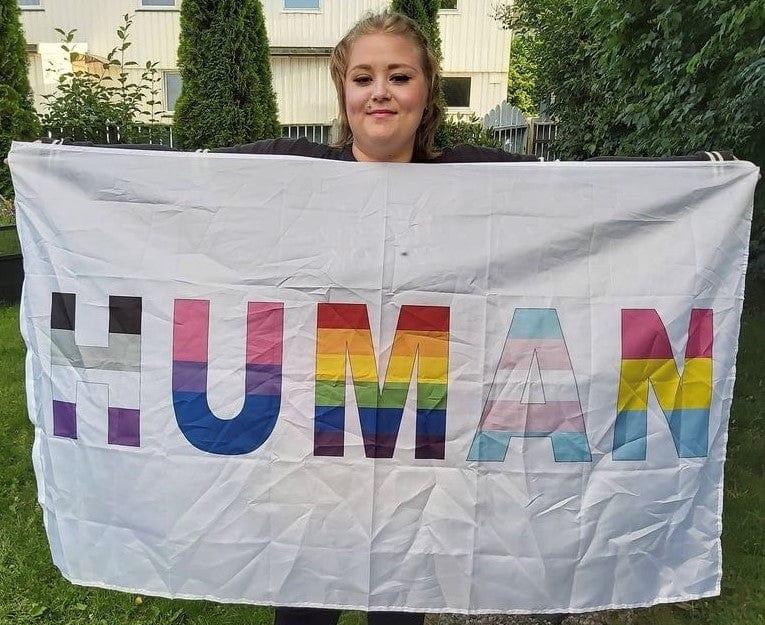

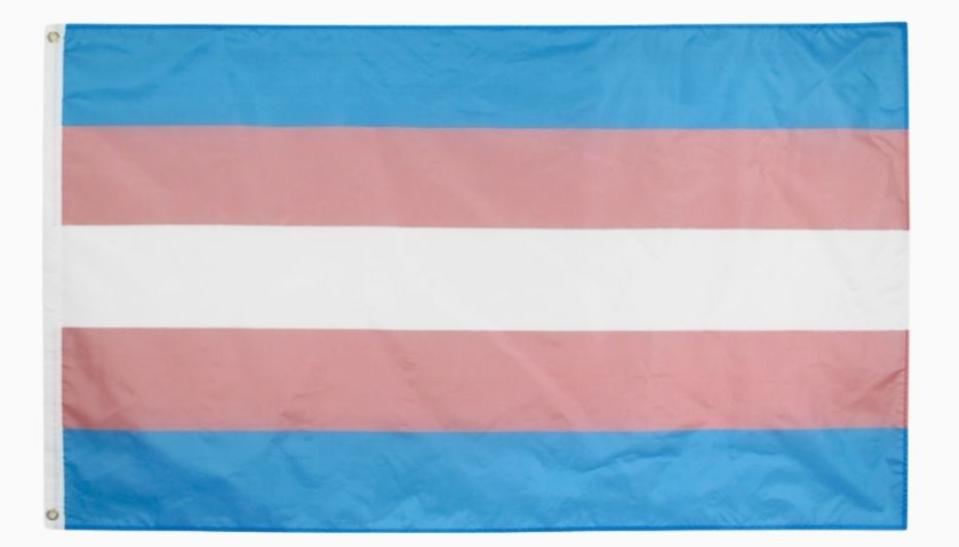
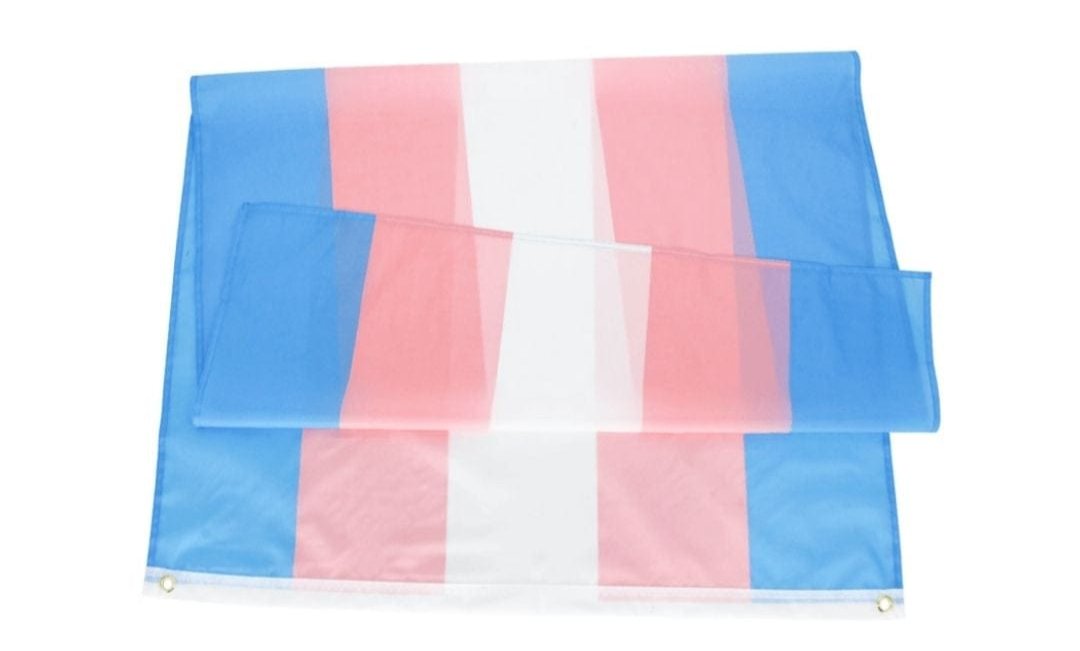



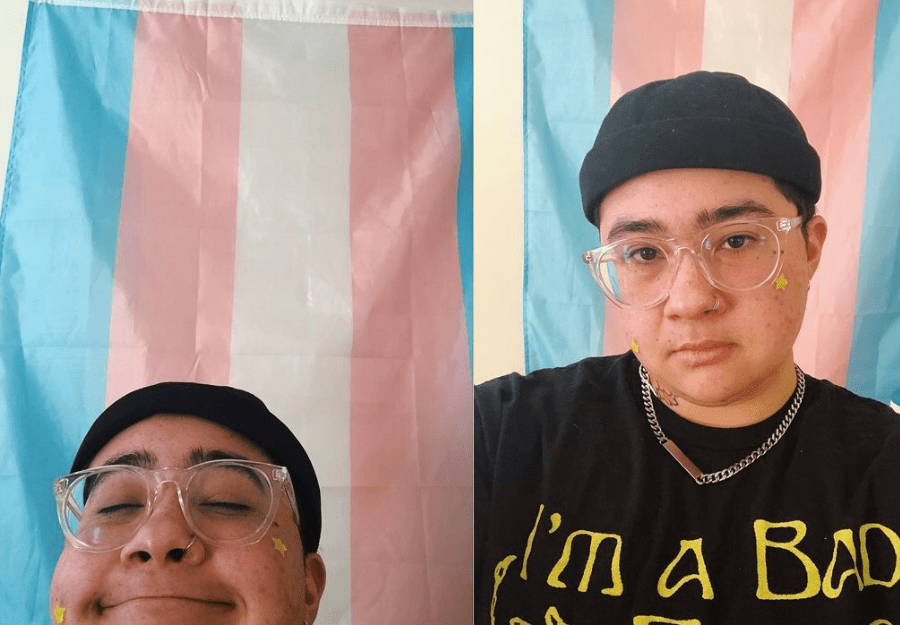
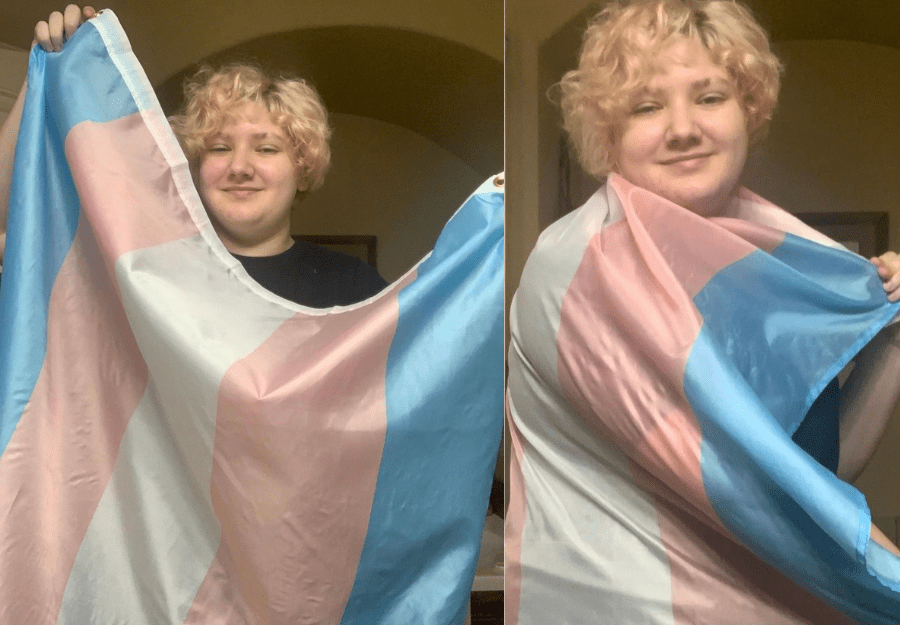
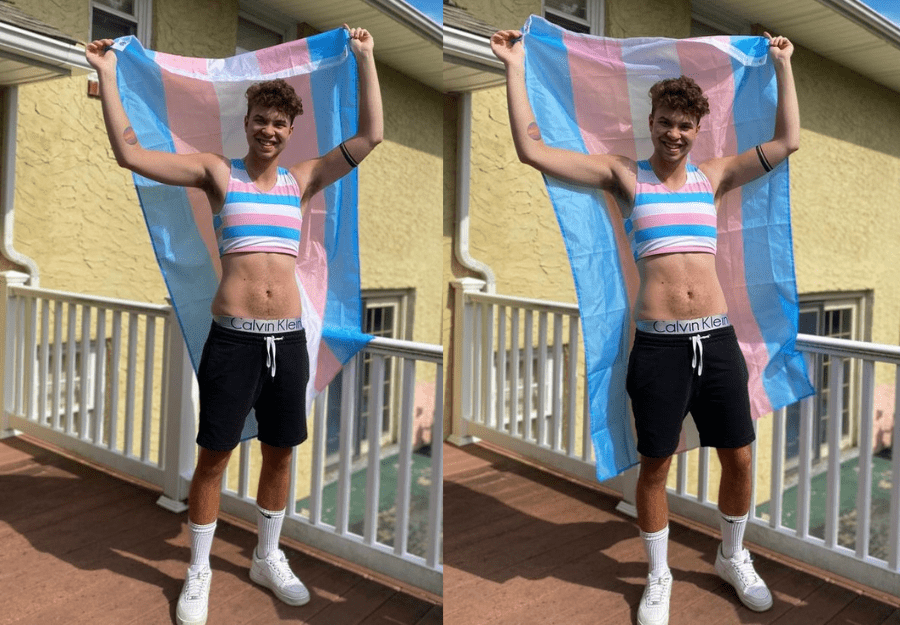
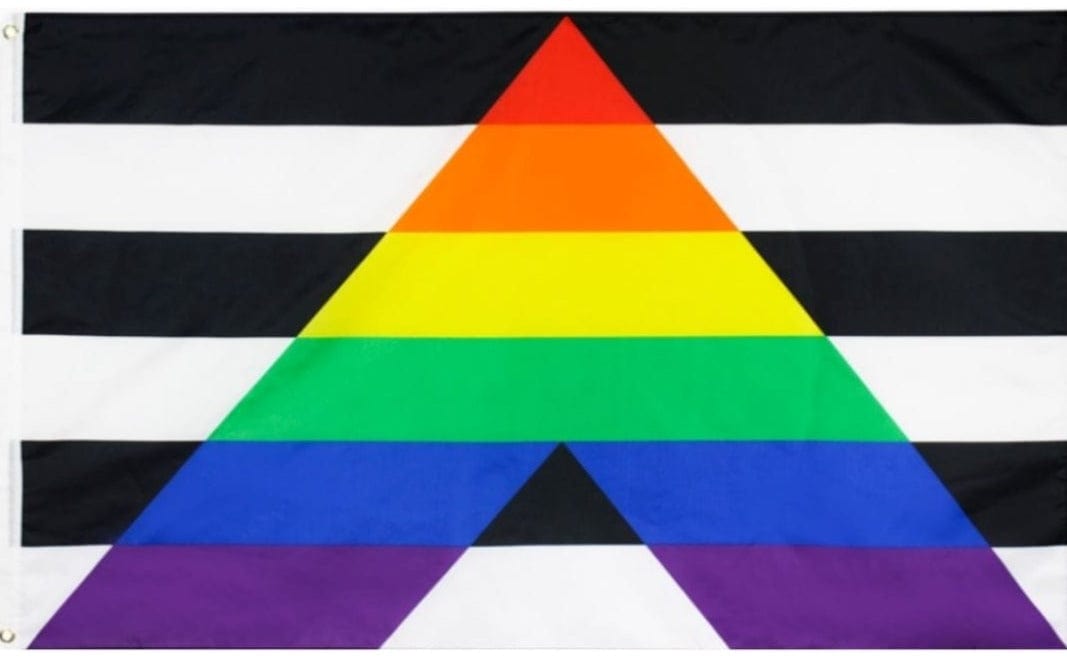
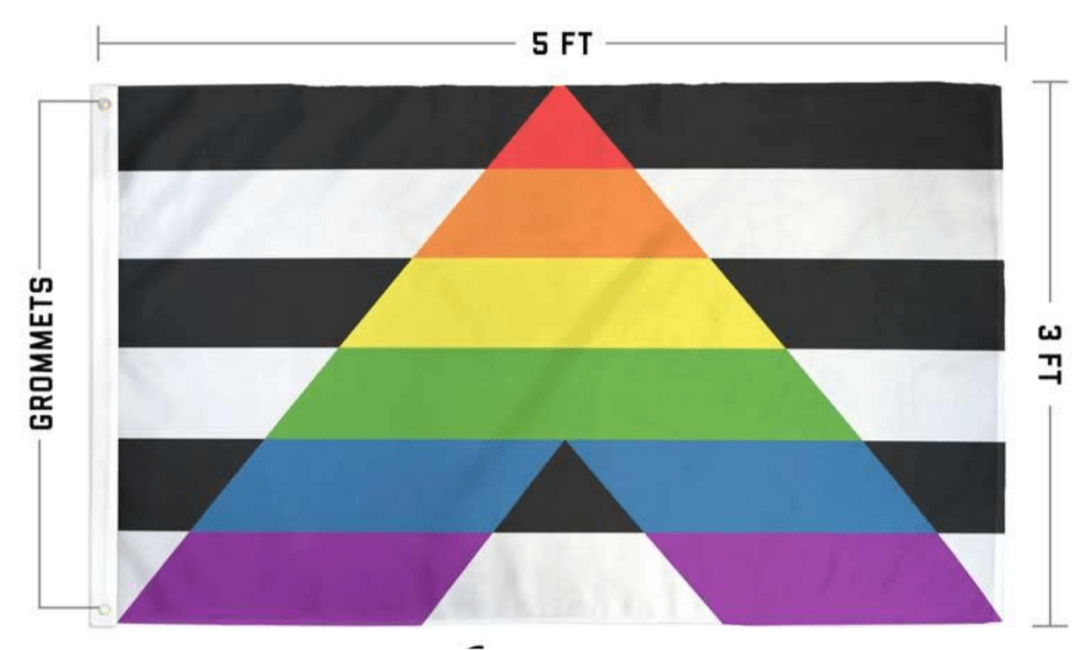















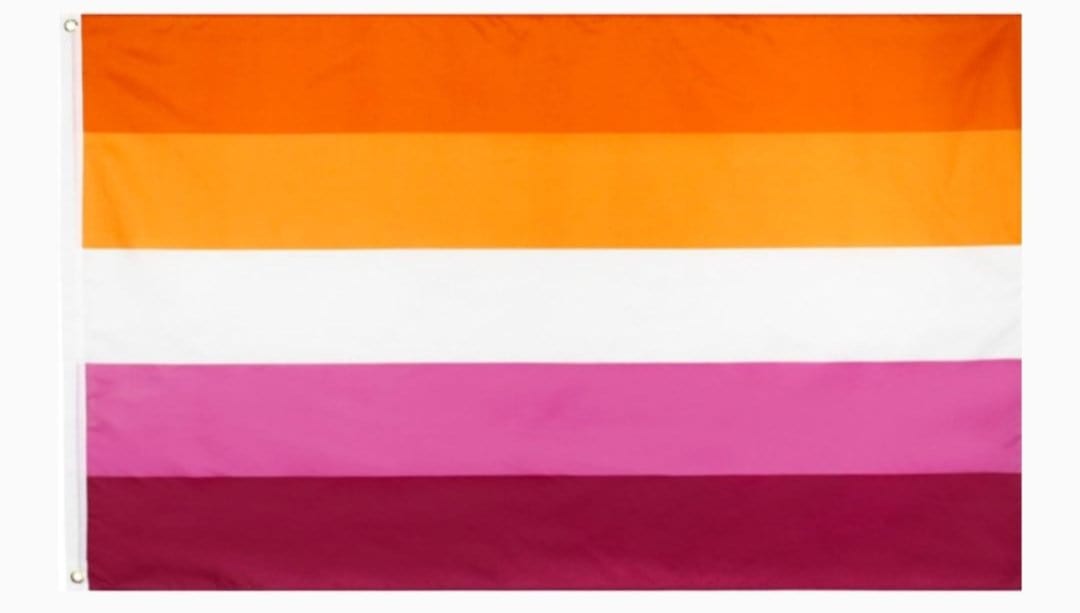







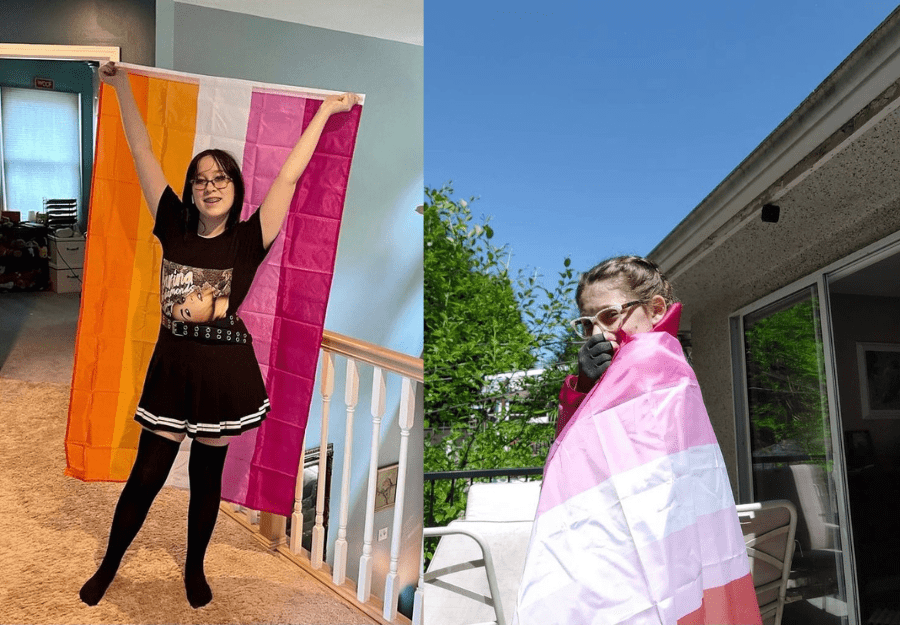
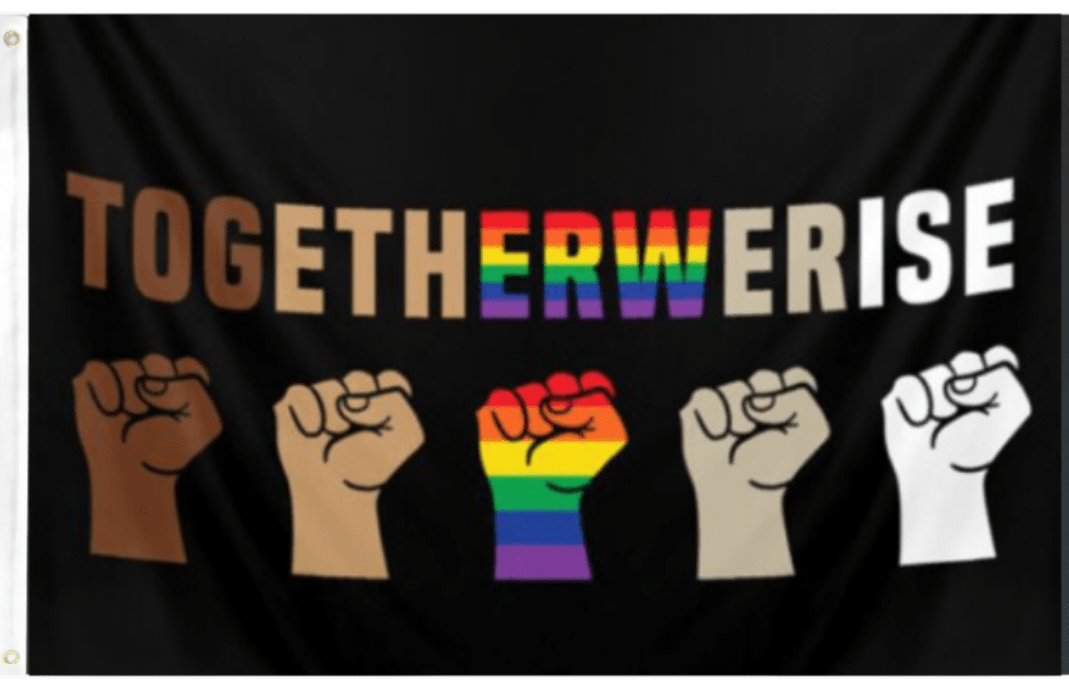





















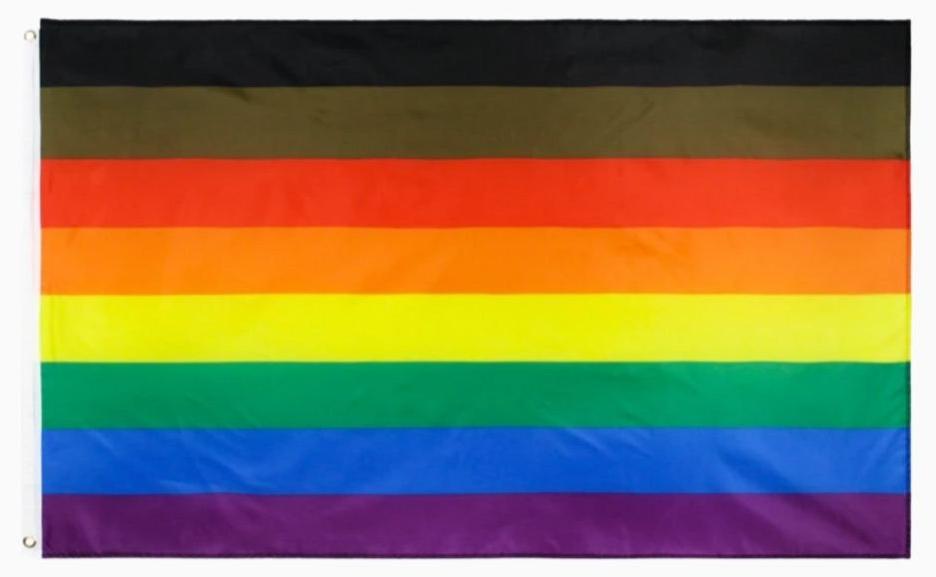
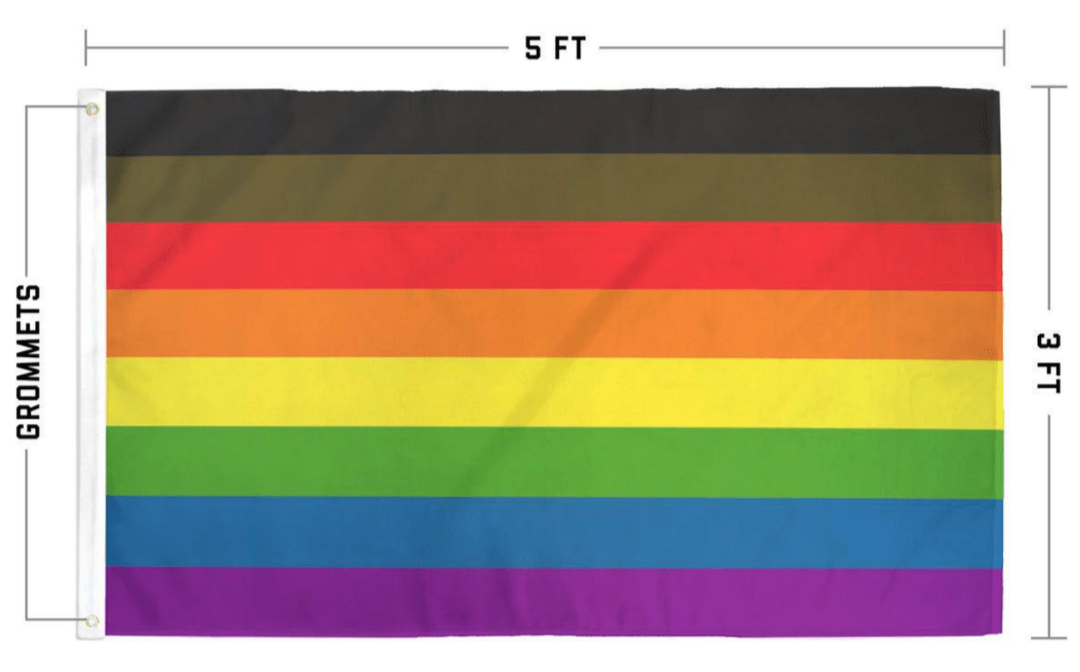


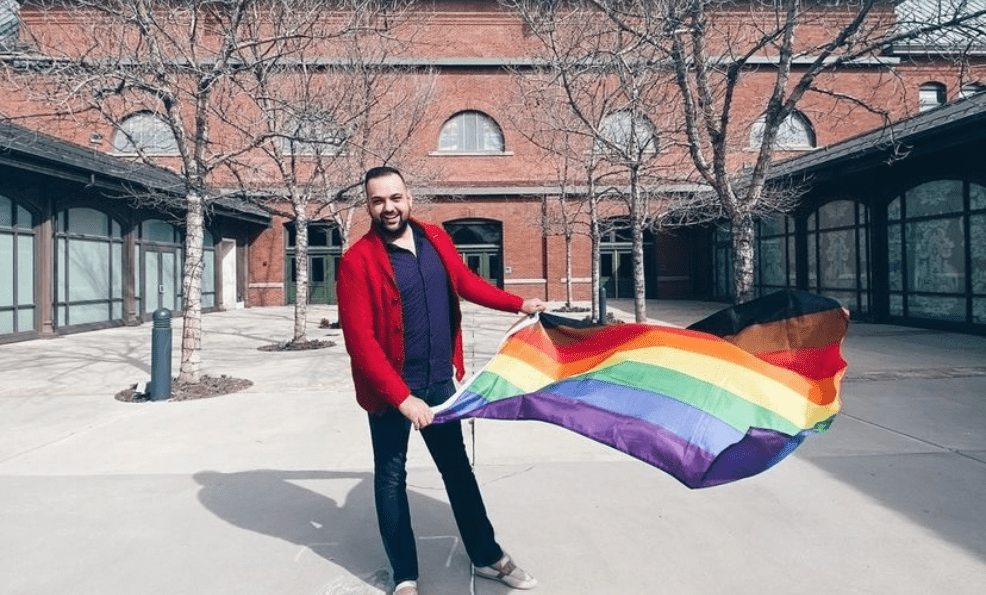
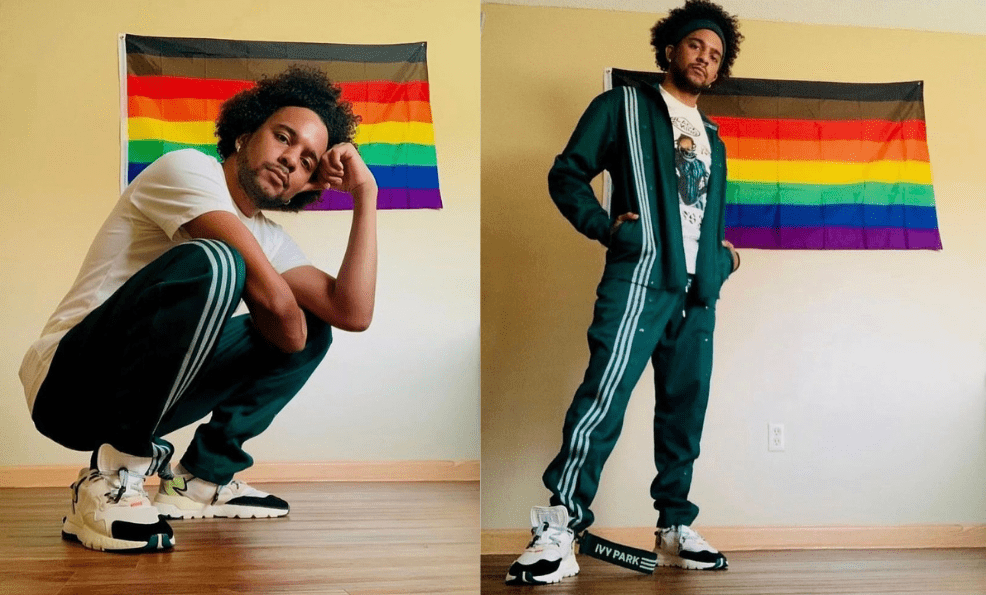
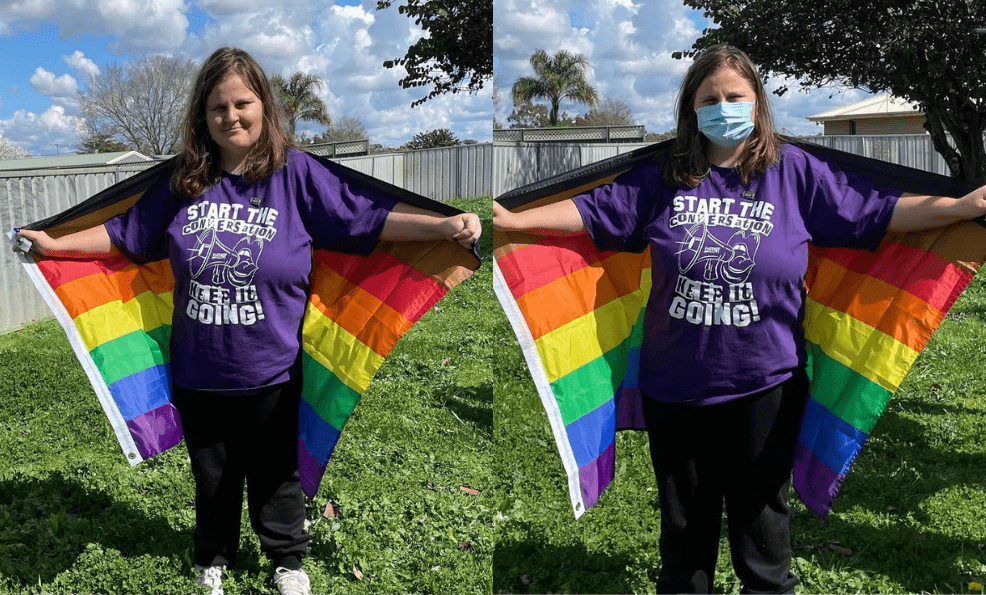
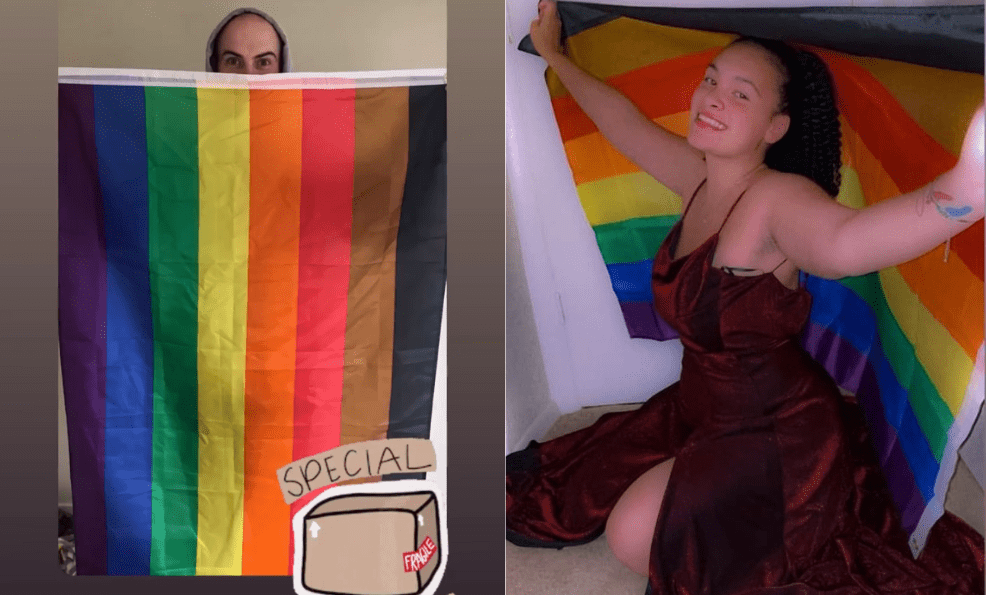
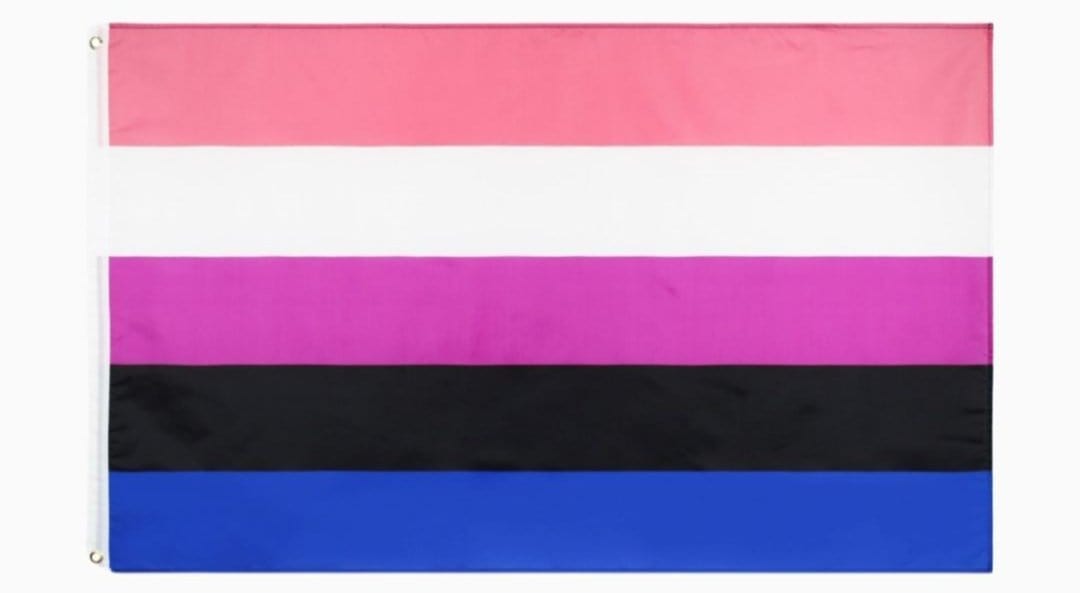








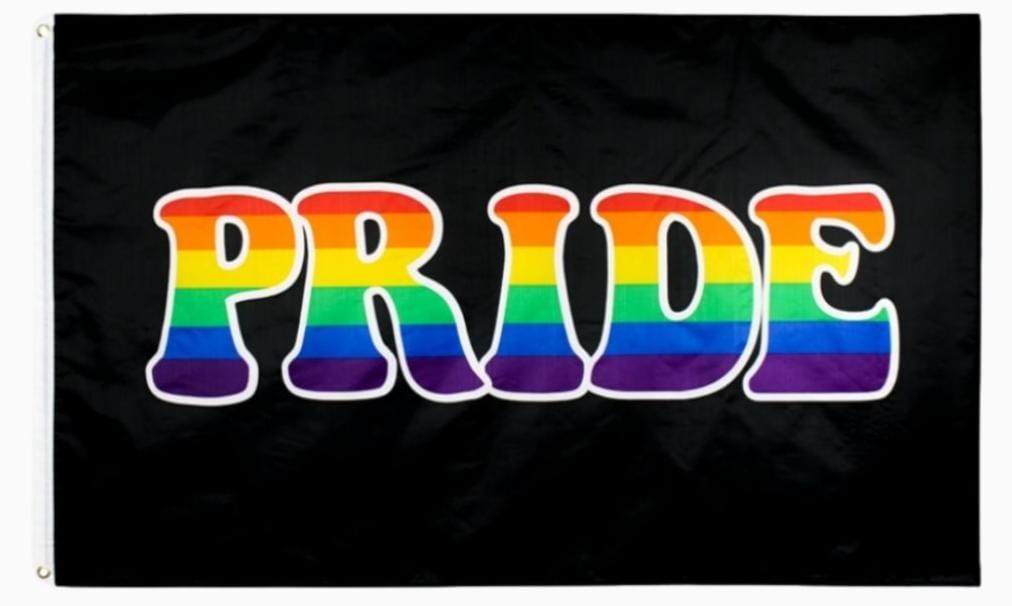



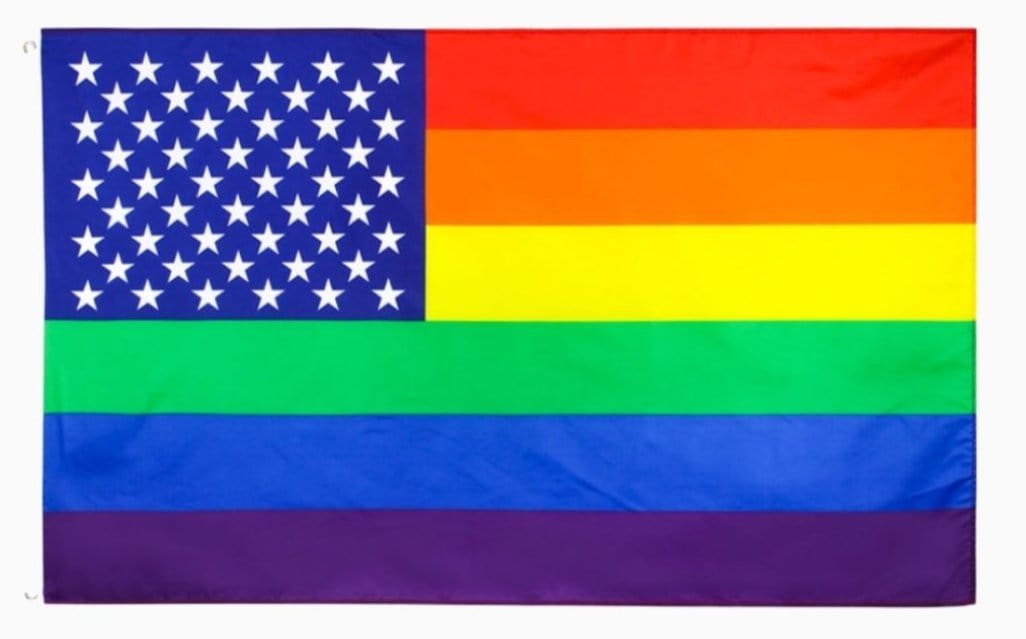


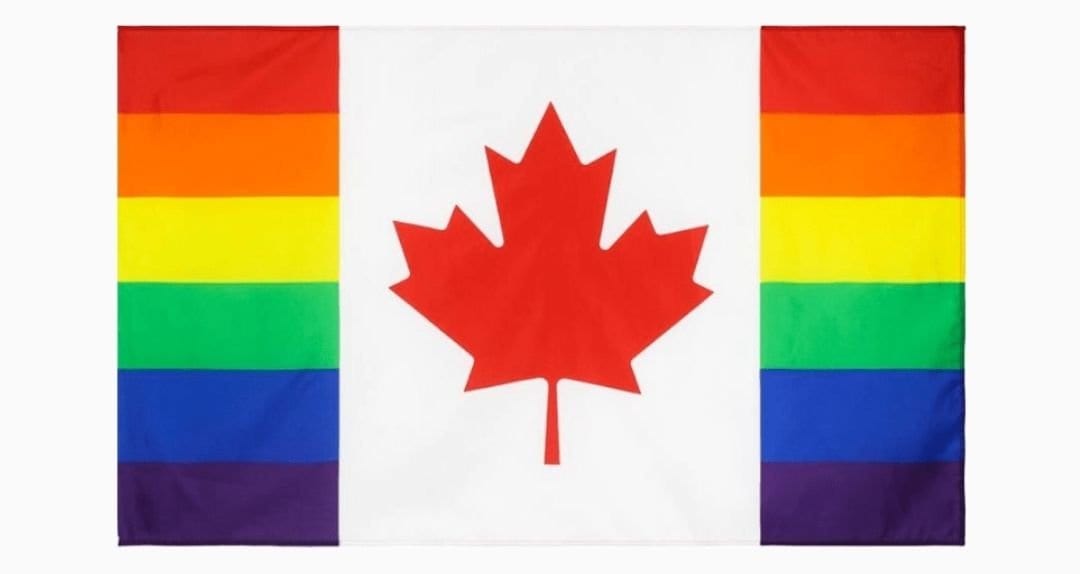




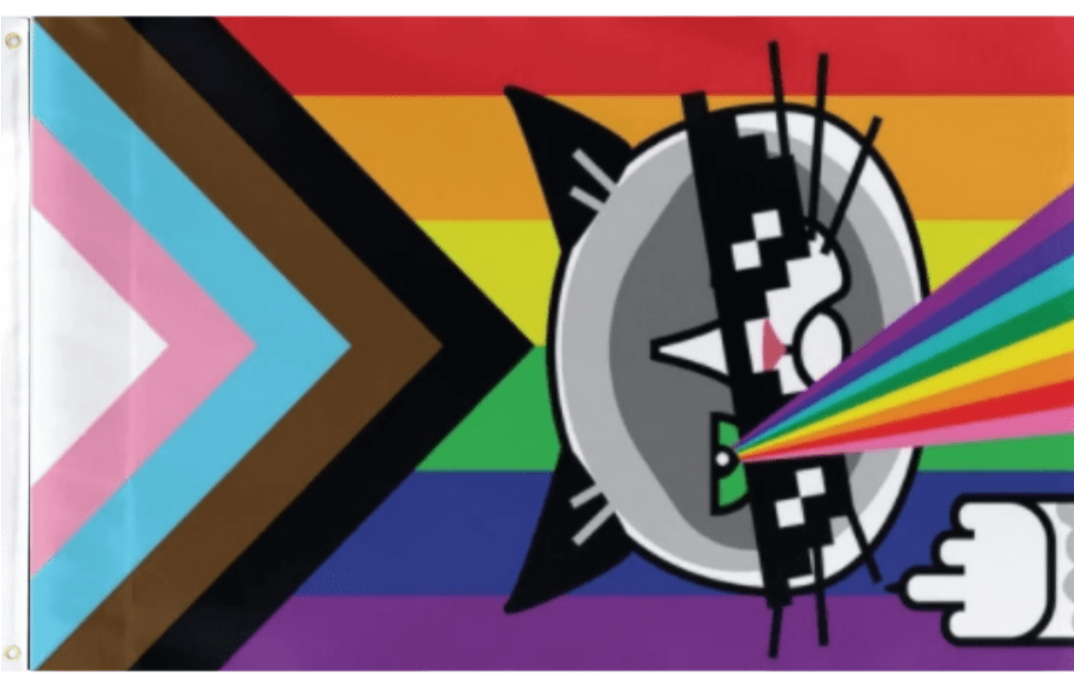
Comments
555
555
555
555
555
555